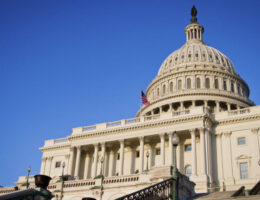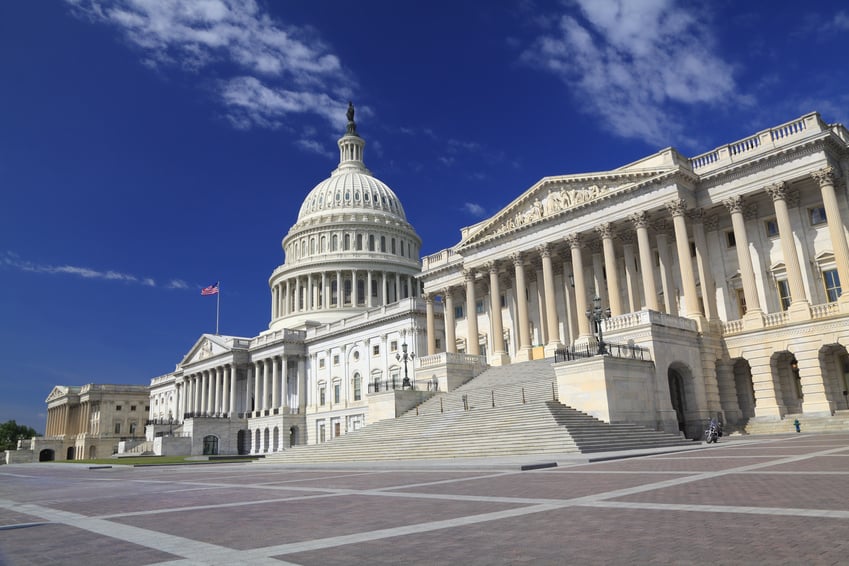The new premerger filing form and rules for complying with the Hart-Scott-Rodino Act (HSR Act) are now effective. While a legal challenge to the changes remains pending, any revisions or recissions by a federal court or the Trump Administration’s Federal Trade Commission or Antitrust Division leadership have not stopped today’s implementation.
As such, parties to all M&A transactions that require an HSR Act filing must use the new notification forms, which require the submission of substantially more information and documents. Parties should be prepared to spend additional time and to incur increased costs associated with HSR Act compliance.
The Federal Trade Commission has just announced its annual adjustment to the notification thresholds that determine whether proposed transactions may trigger a filing obligation under the Hart-Scott-Rodino (HSR) Antitrust Improvements Act of 1976, as amended. The corresponding adjustments to the HSR filing fee schedule also were included in the announcement. The adjusted notification thresholds and filing-fee schedule will apply to transactions that close on or after the effective date, which will be 30 days after publication in the Federal Register and no earlier than 12 February 2025.
On 20 May, the US District Court for the Central District of California affirmed a seven-figure jury verdict and granted a permanent injunction in a rare Robinson-Patman Act decision. The RPA is an antitrust statute that prohibits certain kinds of price discrimination in goods purchased for resale. The case, LA International Corp. v. Prestige Brands Holdings, was pursued by a group of local wholesaler plaintiffs that claimed a defendant eye drop manufacturer and its subsidiaries sold the plaintiffs eye drops on less favorable terms than the defendant’s club store wholesale customer.
The latest edition of our Field Guide to Going Global helps you examine foreign law issues for taking business models, products and technology international. Our guidance should be helpful whether you are working for a start-up company or a large multinational enterprise that is broaching new frontiers.
The Federal Trade Commission has just announced its annual adjustment to the notification thresholds that determine whether proposed transactions may trigger a filing obligation under the Hart-Scott-Rodino (HSR) Antitrust Improvements Act of 1976, as amended. The corresponding adjustments to the HSR filing fee schedule also were included in the announcement. The adjusted notification thresholds and filing-fee schedule will apply to transactions that close on or after the effective date, which will be 30 days after publication in the Federal Register and no earlier than 26 February 2024.
On 18 December 2023, the Antitrust Division of the US Department of Justice (DOJ) and the Federal Trade Commission (FTC) jointly issued their highly anticipated final version of the 2023 Merger Guidelines . The issuance of the Guidelines follows the agencies’ release of draft guidelines in July and the conclusion of a public notice-and-comment period. The Guidelines set out how the agencies assess whether mergers and acquisitions threaten anticompetitive harm in violation of US antitrust laws.
Most notably, the newly issued Guidelines retained the lower thresholds for establishing presumptions of anticompetitive harm — including if the merger gives the combined firm more than 30% market share. Additionally, the Guidelines outline a holistic approach for analyzing vertical mergers.
On Tuesday, 23 January 2024 we are hosting an in-person client event in our New York office on Generative AI: Harnessing the Power and Mitigating Risk. The program includes an exciting in-house counsel panel featuring key speakers from Calix, Wolters Kluwer and Tiffany & Co. We’ll also hear from a cross-discipline Baker team who will discuss legal and regulatory considerations and mitigating risk when using Gen. AI,
In the ongoing debate concerning data broker regulation, trade-offs between competition and privacy are not always holistically appreciated. This article — originally published in Competition Policy International’s TechReg Chronicle — examines the importance of data protection for individual privacy and access to data for competition, discusses the role of data brokers in data privacy and sharing, and reviews existing, new, and proposed regulations of data brokers who now face additional and varying restrictions in state and federal privacy and consumer protection laws that will increase their compliance costs.
The recent proliferation of artificial intelligence (AI) tools, particularly generative AI tools, has brought these questions to the forefront of ongoing conversations about the role that AI will play in the marketplace. As an advocate for and enforcer of consumer protection laws, the US Federal Trade Commission recently offered reminders and recommendations for companies offering digital products and AI tools.
On 27 June 2023, the Federal Trade Commission, with the concurrence of the Assistant Attorney General for the US Department of Justice’s Antitrust Division, announced proposed changes to the premerger notification form and associated instructions and rules that implement the Hart-Scott-Rodino (HSR) Act. The proposed changes represent an expansion and reorganization of the information collected on the HSR form.









